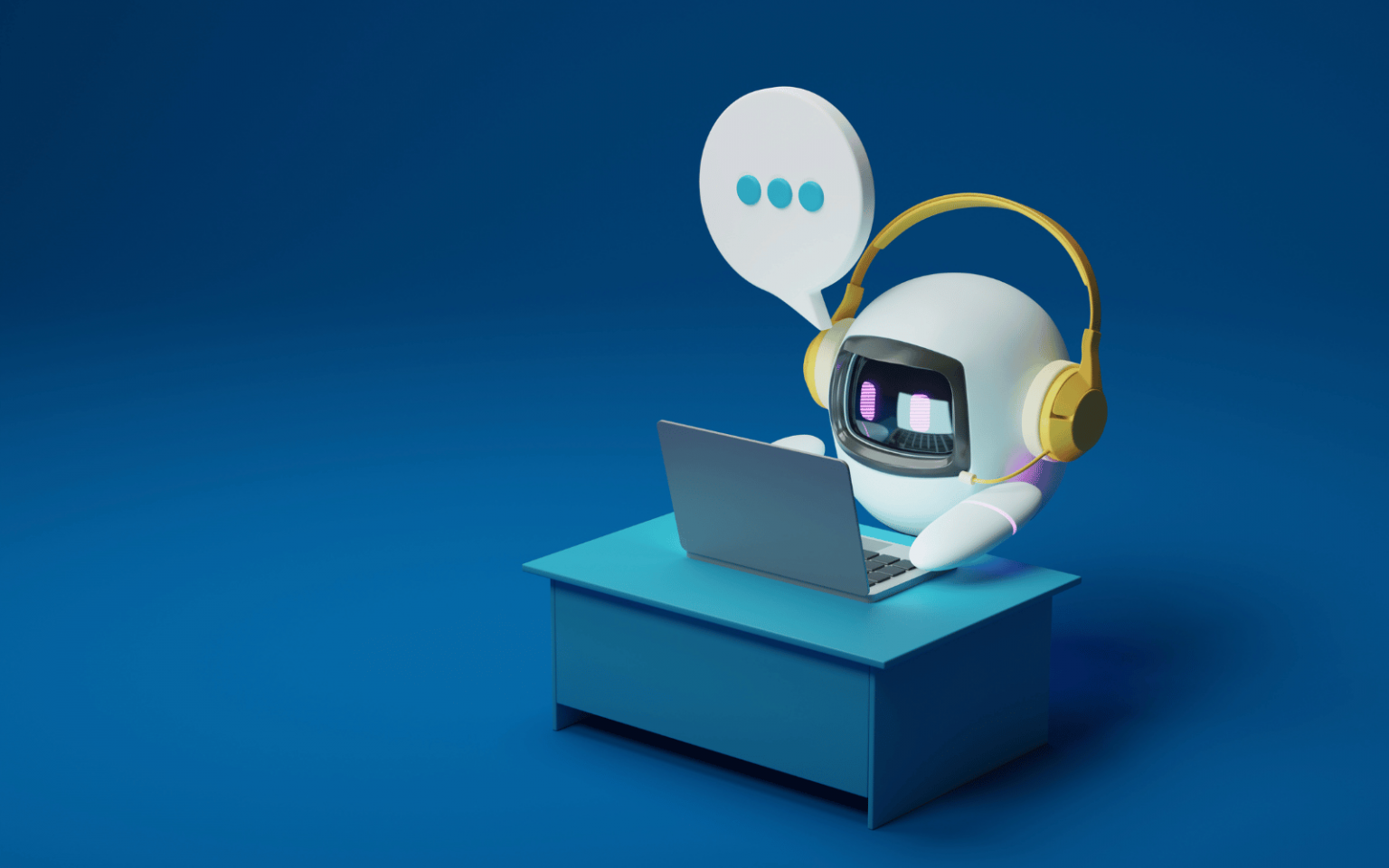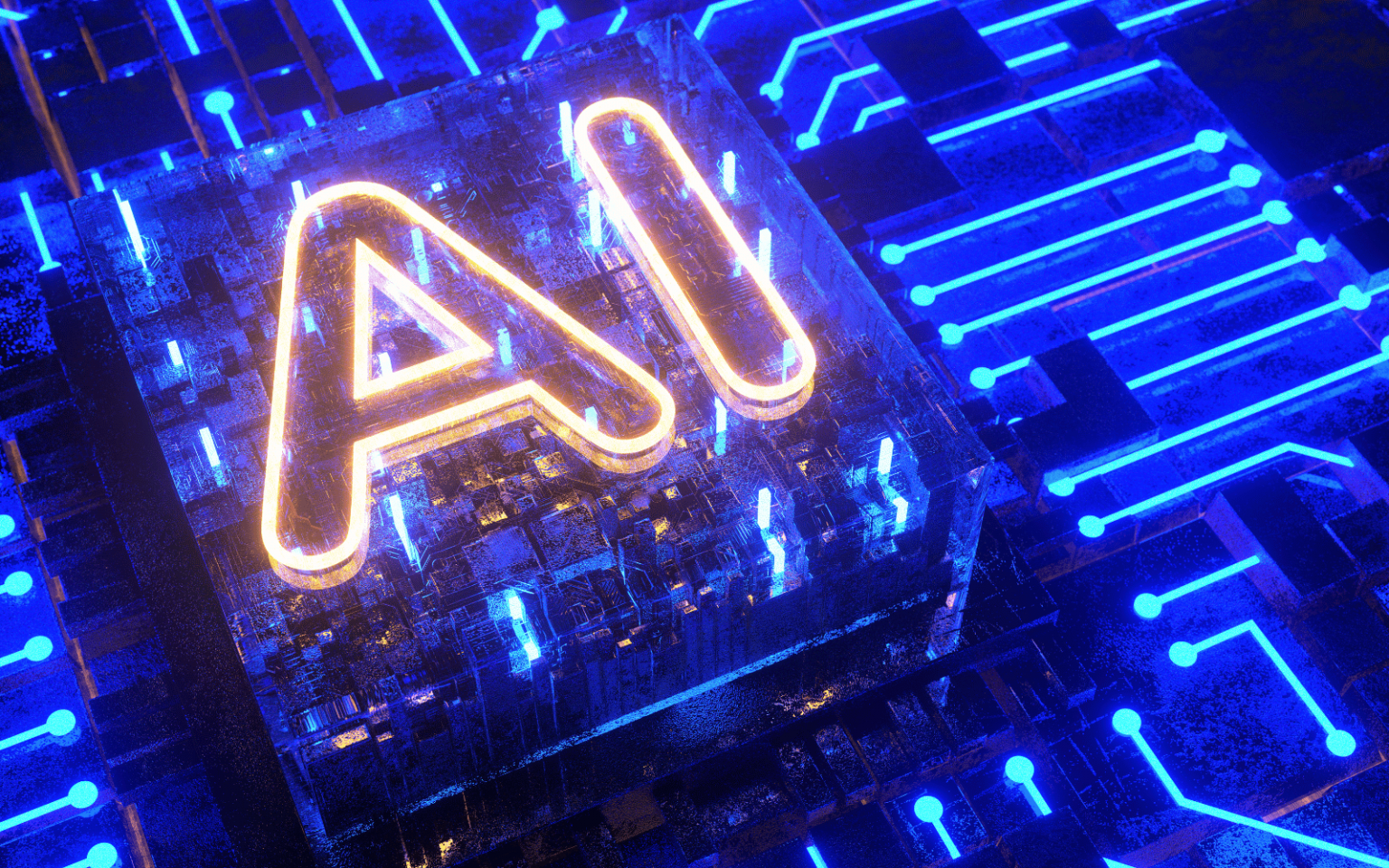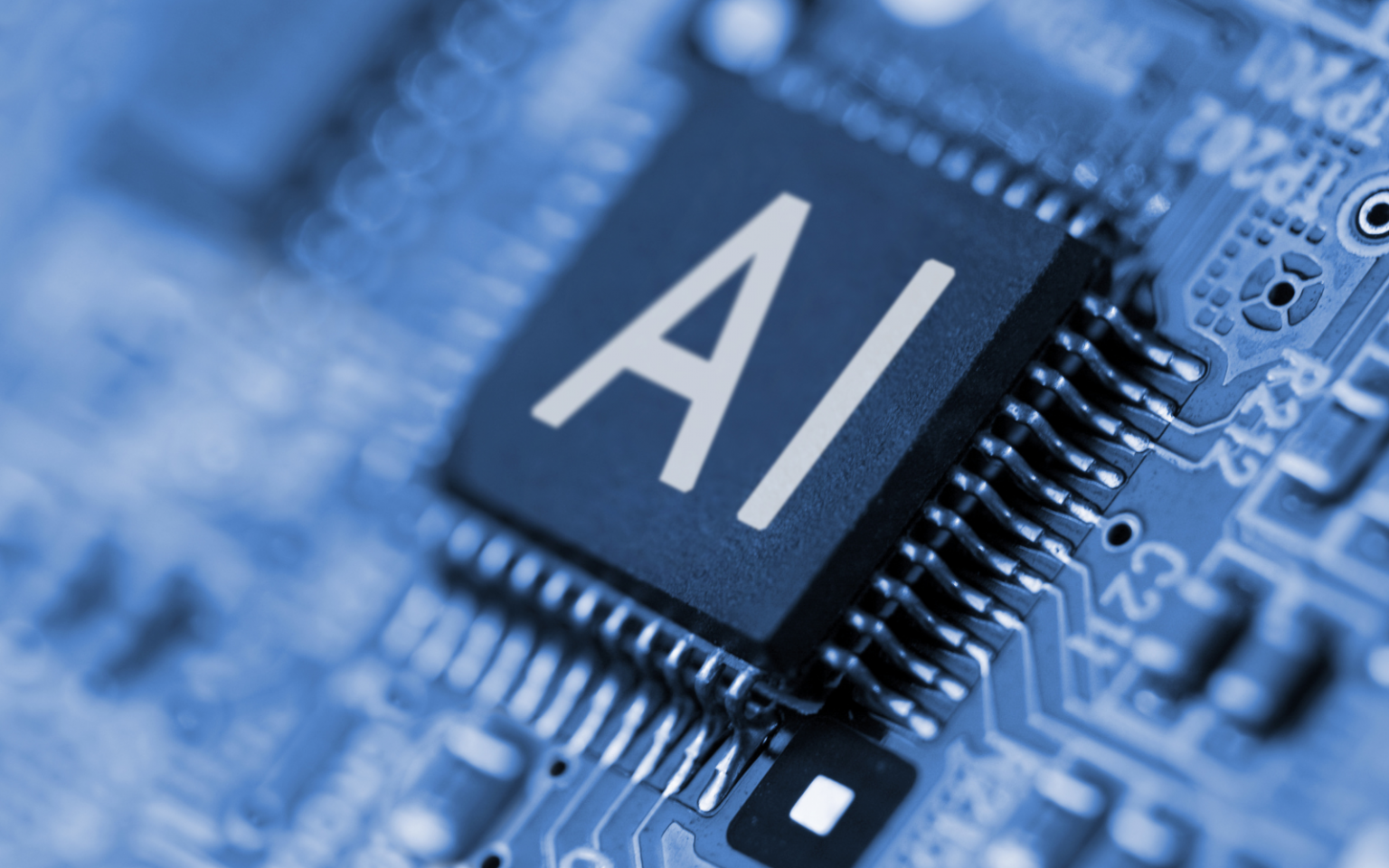It is as humbling as it is motivating to think about how much we still have to learn about the universe. My collaborators and I have just tackled one of astrophysics’ enduring mysteries: how massive elliptical galaxies can form. Now, for the first time, we have solid observational evidence that provides an answer. Our results have recently been published in Nature. Galaxies in the present-day universe fall into two broad categories. There are spiral galaxies, like our Milky Way, which are rich in gas and continuously form stars in a rotating disc. There are also elliptical galaxies, which are large and spherical…
Author: The Conversation
Stars are born, live and die in spectacular ways, with their deaths marked by one of the biggest known explosions in the Universe. Like a campfire needs wood to keep burning, a star relies on nuclear fusion — primarily using hydrogen as fuel — to generate energy and counteract the crushing force of its own gravity. But when the fuel runs out, the outward pressure vanishes, and the star collapses under its own weight, falling at nearly the speed of light, crashing into the core and rebounding outward. Within seconds, the star is violently blown apart, hurling stellar debris into…
Easy, portable and convenient. The latest AI-powered well-being and meditation apps may sound like the ideal solution for those looking for peace in a chaotic world, but can an AI app really replace the expertise of a human meditation guide? Not easily. Meditation aims to improve attention and self-awareness through cognitive training, improving self-regulation and bringing a variety of physical and psychological benefits, from stress reduction to better sleep and lower blood pressure. Eyes-open meditation has attracted media interest recently, thanks to celebrity wellbeing influencers, such as Gwyneth Paltrow, extolling the virtues of the practice. It involves holding a relaxed, open gaze while staying…
Off the coast of Baja California in December 2022, sun sparkled over the rippling sea as waves sloshed around the USS Portland dock ship. Navy officials on the deck scrutinized the sky in search of a sign. The glow appeared suddenly. A tiny spot at first, it gradually grew to a round circle falling at a great speed from the fringes of space. It was NASA’s Orion capsule, which would soon end the 25-day Artemis I mission around and beyond the Moon with a fiery splashdown into the ocean. Orion’s reentry followed a sharply angled trajectory, during which the capsule fell at an incredible speed…
The arrival of AI systems called large language models (LLMs), like OpenAI’s ChatGPT chatbot, has been heralded as the start of a new technological era. And they may indeed have significant impacts on how we live and work in future. But they haven’t appeared from nowhere and have a much longer history than most people realise. In fact, most of us have already been using the approaches they are based on for years in our existing technology. LLMs are a particular type of language model, which is a mathematical representation of language based on probabilities. If you’ve ever used predictive…
Can artificial intelligence (AI) tell whether you’re happy, sad, angry or frustrated? According to technology companies that offer AI-enabled emotion recognition software, the answer to this question is yes. But this claim does not stack up against mounting scientific evidence. What’s more, emotion recognition technology poses a range of legal and societal risks – especially when deployed in the workplace. For these reasons, the European Union’s AI Act, which came into force in August, bans AI systems used to infer emotions of a person in the workplace – except for “medical” or “safety” reasons. In Australia, however, there is not yet specific…
What would you say at Twitter’s funeral? That’s the question my collaborators and I asked over 1,000 people on social media as part of a broader research project on Twitter migration. Responses ranged from the profane to the poetic, but one common theme was that despite its significant flaws, Twitter at its best was truly great … until it wasn’t. “The world is a better place for it having existed, and a better place now that it’s gone.” “It takes so little to destroy so much.” “I will miss it for what it could be in its best moments, but I…
Online shopping often involves endless options and fleeting discounts. A single search for running shoes can yield hundreds of results across multiple platforms, each promising the “best deal.” The holiday season brings excitement, but it also brings a blend of decision fatigue and logistical nightmares. What if there were a tool capable of hunting for the best prices, navigating endless sales and making sure your purchases arrive on time? The next evolution in artificial intelligence is AI agents that are capable of autonomous reasoning and multistep problem-solving. AI shopping agents not only suggest what you might like, but they can also act…
Video games have always been a showcase for new technologies. They help create new audiences and new markets. In the 1990s, computer parts manufacturers advertised the speed of their video cards in terms of the frames they could render per second of popular video games like Quake. Developing and playing video games takes up a lot of computing power, but relatively little consideration is given to the rising cost to the environment. Big-budget video games come with big energy costs. Advanced graphics, immersive technology and artificial intelligence are consuming unprecedented amounts of power, locking the game industry and high-performance computing in a…
Our increasing reliance on technology is placing pressure on the global supply of materials that are essential for manufacturing electronic devices. Raw materials are being mined to cover the demand for smartphones, laptops, computer servers and electric vehicles, placing strain on the environment. A greater emphasis on renewable technology and on artificial intelligence will only add to this challenge. But can we recover more of the materials we need for these devices from waste electronics? Improved methods to extract these metals and other elements will be key to reducing the pressure on our planet and its resources. Some of the most important materials required…










